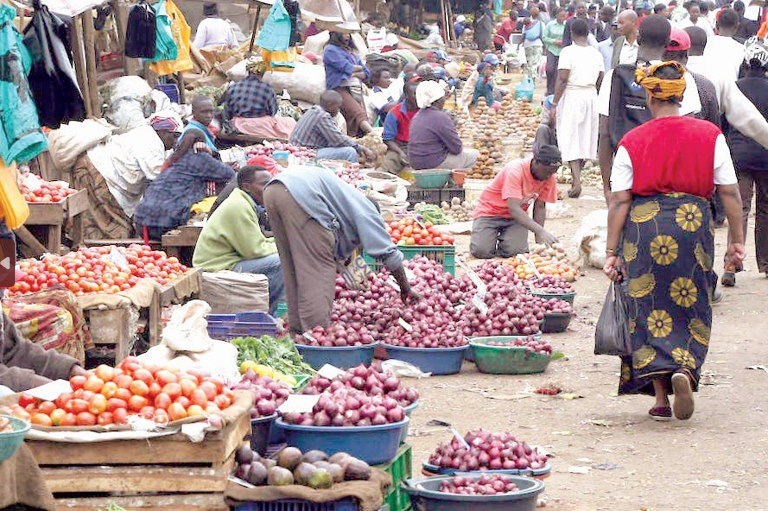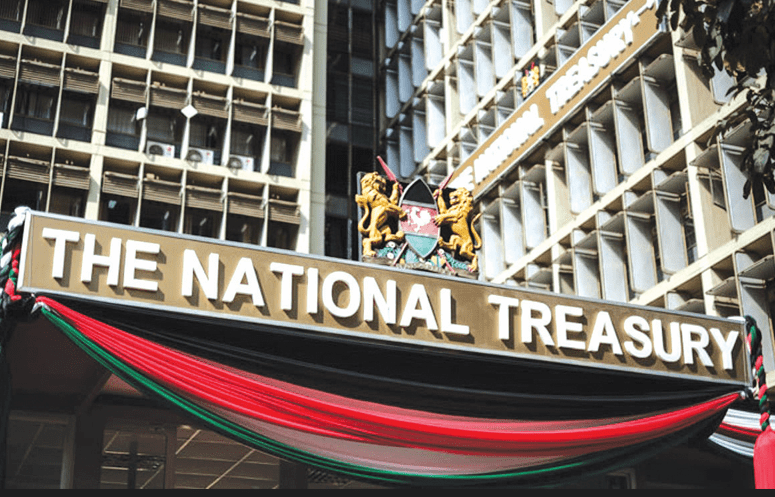Soaring food prices tighten grip on Kenyan households

Inflation tightened its grip on Kenyans, with the unit cost of key food and non-food items rising by between 4 per cent and 57 per cent per cent over the last 12 months, as per latest data from the Kenya National Bureau of Statistics (KNBS).
This significant information underscores the pressure Kenyans have been undergoing amid dwindling economic fortunes as local and global indicators conspire to hike the cost of living.
For instance, in the year under review, price of electricity skyrocketed, with a 55.1 per cent increase for 50 kilowatts and a 41.1 per cent rise for 200 kilowatts, in a move that hit both retail and commercial consumers hard.
The cost of fuel, which is a key economic enabler also surged with a litre of kerosene up by 32.5 per cent, diesel by 21 per cent, and petrol by 16.8 per cent.
Parents further felt the pinch, with the cost of education escalating even as the government slows down on financing learning, the cost of private tuition fees rose by 5.7 per cent.
The year-on-year data helps put the pain of parents in perspective, where the cost of an exercise book, a basic necessity for students, has jumped by 10.5 per cent. Even housing costs were not spared, with the monthly rent for a single-bedroom house increasing by 4 per cent.
This, even as the national statistician reported that January recorded an inflation rate of 0.4 per cent, driven by increased prices for food and electricity. Between December 2023 and last month, the index increased from 137.55 to 138.15.
“The overall year on year inflation as measured by the Consumer Price Index was 6.9 per cent in January 2024. This means that in January, the general price level was 6.9 per cent higher than that of January 2023,” Macdonald Obudho, the KNBS Director General said.
Purchasing power
The inflation has eroded the value of the Kenyan shilling, reducing purchasing power and making it harder for consumers to afford the same goods with the same amount of money.
The impact on the cost of living and economic stability is significant, particularly as the shilling is currently trading at 160 to the US dollar. This inflationary pressure is being felt across various sectors.
The transport index, for instance, has risen by 10.6 per cent over the past year, increasing the cost of commuting and travel.
Basic utilities, including housing, water, electricity, gas, and other fuels, have seen a price increase of 9.7 per cent, adding to daily living expenses. Even the cost of food and non-alcoholic beverages, essential items for every household, has risen by 7.9 per cent.
The price hikes are even more pronounced for certain food items. Over the past year, the price of carrots has soared by 57.2 per cent, onions by 51 per cent, and even sugar, a staple in many households, has risen by 32.1 per cent.
Other key food items such as beef with bones, tomatoes, cabbages, potatoes, kale, and fresh unpacked cow milk have also seen considerable price increases, ranging from 15.3 per cent to as low as 0.6 per cent.
These increases are placing a significant burden on Kenyans. With already limited disposable income, many are finding themselves having to dig deeper into their pockets to afford these basic food items, underscoring the harsh reality of inflation and its impact on the cost of living for ordinary Kenyans.
These mounting costs are exerting immense pressure on households, making it increasingly challenging for many Kenyans to make ends meet even as taps run dry with a surge in unemployment and layoffs.












